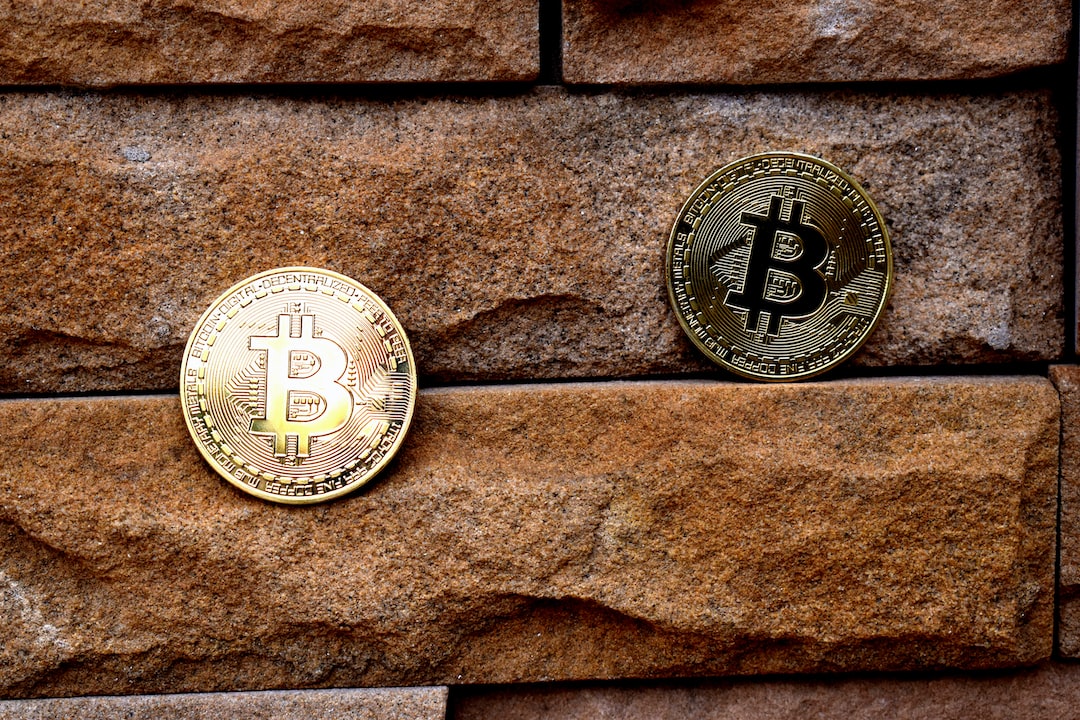Vitalik Buterin’s Twitter Account Hacked in Million-Dollar Scam
Vitalik Buterin, the co-founder of Ethereum, fell victim to a scam on his Twitter account that resulted in the scammers making almost $700,000. Despite the account being locked shortly after the hack, the scammers managed to cash in on a substantial amount through an NFT giveaway. Buterin is not an active social media user, with his last tweet dating back to August. Even after regaining access to his account, he has not made any new posts or changed the bio edited by the scammers. Buterin prefers to communicate through Warpcast, a decentralized protocol that supports various dApps. The hack was carried out through a SIM swap attack, but it remains unclear how the hackers obtained Buterin’s phone number and SIM card clone.
The Hack and SIM Swap Attack
Buterin revealed on Warpcast that the scammers gained access to his Twitter account through a SIM swap attack. They obtained a clone of his SIM card, allowing them to use the mobile password recovery process to enter the account. Buterin expressed his frustration with having to provide a phone number to Twitter and leaving it active. SIM swap attacks are becoming increasingly common, and the only solution seems to be disabling SMS account password recovery or removing the phone number from the account altogether.
The Scam through Buterin’s Account
Once the scammers regained control of Buterin’s Twitter profile, they posted a single tweet. The tweet resulted in the theft of several CryptoPunk NFTs. The exact details of the scam are yet to be revealed.
Hot Take: Vitalik Buterin’s Twitter Hack Raises Concerns about Account Security
The recent hacking incident involving Vitalik Buterin’s Twitter account highlights the vulnerabilities of social media platforms and the need for enhanced security measures. The use of SIM swap attacks to gain unauthorized access to user accounts is a growing concern. It is crucial for individuals and platforms to prioritize security by implementing measures such as two-factor authentication and disabling SMS-based recovery options. Additionally, users should remain vigilant and cautious when interacting with online content, especially in the cryptocurrency space. This incident serves as a reminder to exercise caution and verify the authenticity of social media posts and giveaways, as scammers continue to exploit the trust of unsuspecting users.





 By
By
 By
By
 By
By
 By
By
 By
By
 By
By